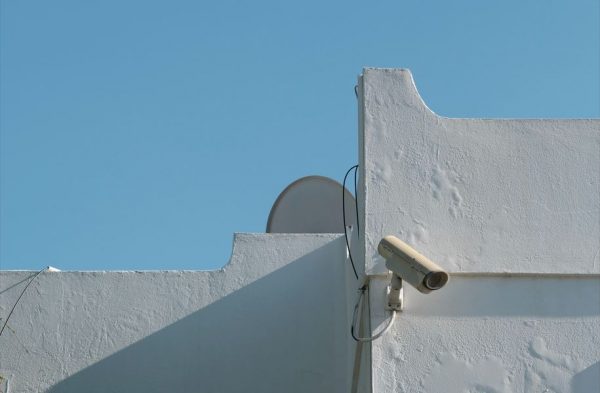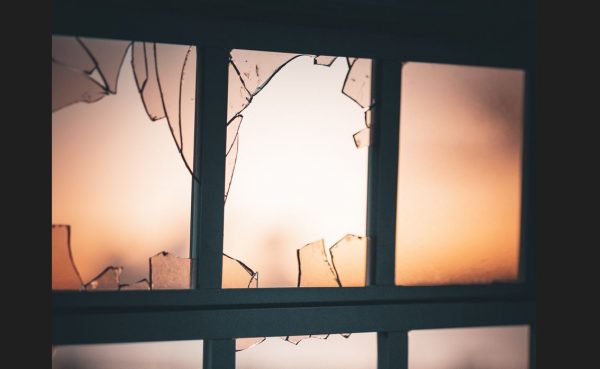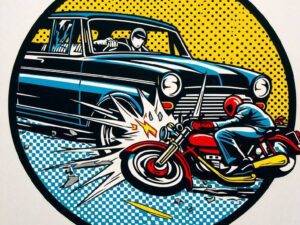How to protect your unoccupied property from squatters

When you leave a property vacant for long periods of time, it can become more of a target for burglars, vandals and even squatters.
This blog will answer all your questions about protecting your home from intrusion by unwelcome “guests” when it is left unoccupied for long periods of time.
First of all, we answer some questions you may be asking.
What is a squatter?
A squatter is a person who takes up residence in a property without any legal right to do so. Squatters tend to enter a property without permission and stay there until they either move on or get caught and are forced to leave.
Squatting in a property without permission is illegal and can be dangerous.
If you fear that squatters are already in your vacant property, do not try to remove them yourself using force or the threat of force – you’re committing a crime if you do.
You will need to take legal action and apply for an interim possession order (IPO) or make a full claim for possession of the property. Visit the government website to find out how to do this.
What are squatters’ rights?
Long-term squatters do have certain rights to property and can become the registered owners of it or land they have occupied without the owner’s permission.
How can I keep my unoccupied property safe?
Here are seven tips to help keep your property safe from squatters, burglars and vandals while it remains unoccupied.
1. Visit the property regularly
If you live near the empty property, visit it as often as you can. While you’re there, potter about and do some DIY – cut the grass, sweep the drive, trim the overgrown garden, bin the junk mail that has accumulated – to give the impression the property is being lived in.
Read our blog to find out more tips on how to keep your house protected when it is unoccupied.
2. Install alarms and CCTV
Installing an alarm and CCTV system is normally enough to prevent unwanted intruders from trying their luck at a vacant property.

3. Fit timers on your lights
Put a couple of lights, one upstairs and one downstairs, on a timer to come on at different times in the evening, and in the mornings too when it is dark in the winter. The lights will give opportunist squatters or burglars the impression your home is being lived in.
4. Fit steel grilles to windows and doors
Most squatters and burglars break in through a weak window or door. Upgrade them with steel fittings to deter unwelcome attention. Steel fittings will likely deter opportunists trying to break in, and even if they are going equipped with tools to break in, they will likely fail.

5. Ask your neighbours to remain vigilant
You may not live in a neighbourhood watch area, but having a nosey neighbour keep watch of your unoccupied home can be a godsend.
Ask them to call if they notice any suspicious activity, allowing you to deal with the problem or call the police.
6. Consider turning off your utilities
A house with no electricity, gas or water is a far less attractive prospect for a squatter, burglar or vandal than one with full services intact. But you must consider the pros and cons to turning your utilities off; whether you do so may depend on the time of year your home will be empty. Read our blog on how to winter proof your unoccupied home.
7. Protect your home with unoccupied property insurance
If your home is to remain empty for a period of time – on most policies this is 30 days – you need to inform your insurer because your regular household policy will not cover you. You will need to go to a specialist insurer such as Adrian Flux to take out unoccupied property insurance.
For a quick and hassle-free quote call 0800 369 8590 – 81.5% of all customers receiving an online quote in August 2022 could have obtained a cheaper quote over the phone. Alternatively, book a callback at a time that suits you.






